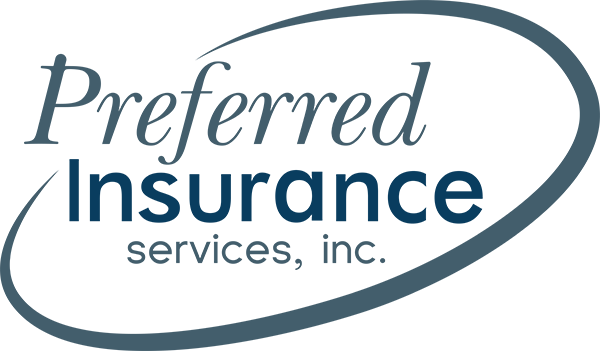
 Each year in November, I receive my home and auto insurance renewal policy. In my house, my wife looks at how the premium changed and then leaves it on the counter or nightstand for me to review. Because I have been in the industry for over 20 years, I do take a peek.
Each year in November, I receive my home and auto insurance renewal policy. In my house, my wife looks at how the premium changed and then leaves it on the counter or nightstand for me to review. Because I have been in the industry for over 20 years, I do take a peek.
What do you do when your policy arrives? My guess is if you’re like most people, you take a quick glance and then file it away until it’s needed.
Because life is constantly changing, it’s wise to review your policy more frequently. Here are some times when you should review your policy.
1. Policy Renewal.
When you receive your renewal, ask yourself the following questions.
- Is there any documentation from the insurance company that indicates a coverage change?
- Does it make sense to increase my deductible in an attempt to save money?
- Do I need additional policies such as flood, earthquake, or an umbrella policy?
- Do I qualify for discounts? At West Bend, we offer discounts for
- Safe and accident free drivers;
- New and updated homes;
- Multi-car families;
- Resident students; and
- Anti-lock brakes.
2. Do it yourself projects (DIY).
If you’ve lived in your home for a while and decide, it’s time to make some upgrades to your home, don’t forget about how those changes could affect your insurance. Kitchens and bathrooms are often the focus of many DIY home remodeling projects. Expanding the size of them or installing materials that are more expensive could cause your home to be underinsured if it’s a total loss.In addition, don’t forget about improvements outside your home. In my neighborhood, gazebos, pergolas, and hot tubs are popular. In addition, a new shed may be needed so you have room to store new toys in your garage such as a boat or motorcycle.
Lastly, a new roof is a big investment. Many insurance carriers charge more for homeowners insurance if a roof is older. Replacing the roof could change your coverage from actual cash value to replacement cost. Replacement cost provides the coverage you need to replace your roof, while actual cash value provides coverage for the value of the roof at the time it’s replaced; it takes into account depreciation of the shingles.
All these changes should be reported to your insurance agent.
3. Other improvements made to your home.
If you’ve updated any major home systems i.e. heating, plumbing, or electrical, contact your agent. In addition, if you’ve installed a fire/burglar alarm system that’s monitored by professionals in a call center, discounts may be available.
4. Lifestyle changes.
Is life throwing curve balls your way? Kids leaving or returning home after college or elderly parents moving into your home can affect your insurance policy. In addition, so can a recent marriage, divorce, or sudden death of a spouse.
Do you have any tips or information you’d like to share? I’d love to hear them; please share them in the box below.
